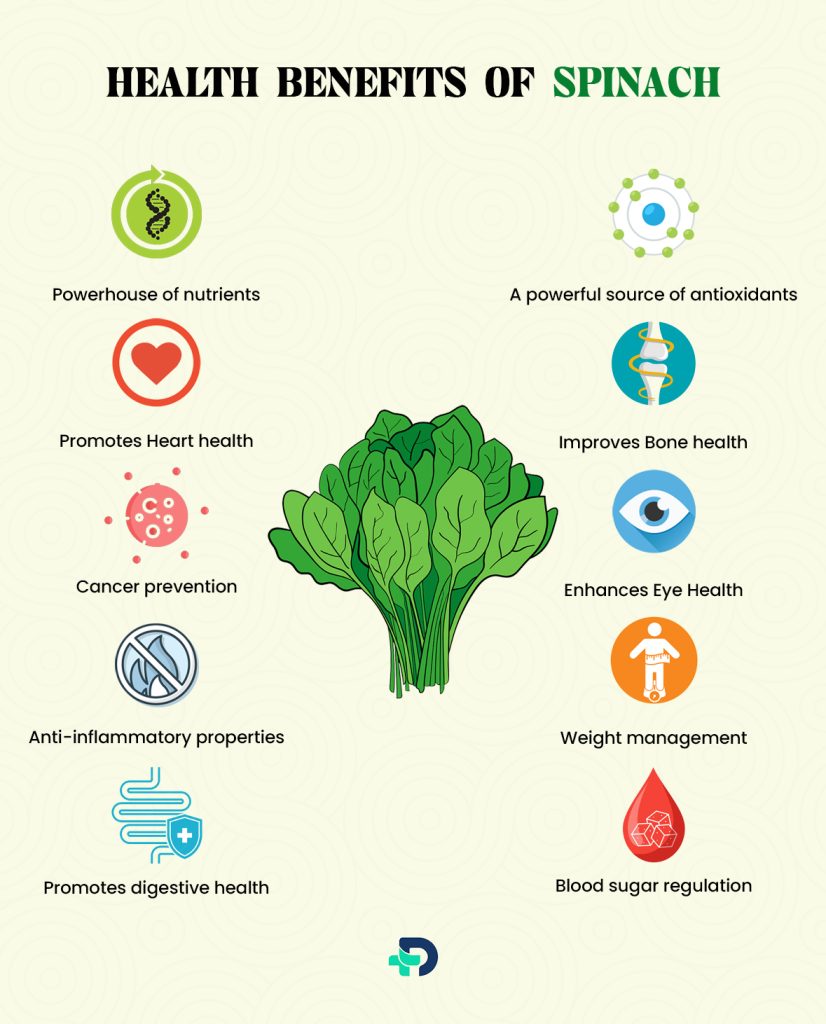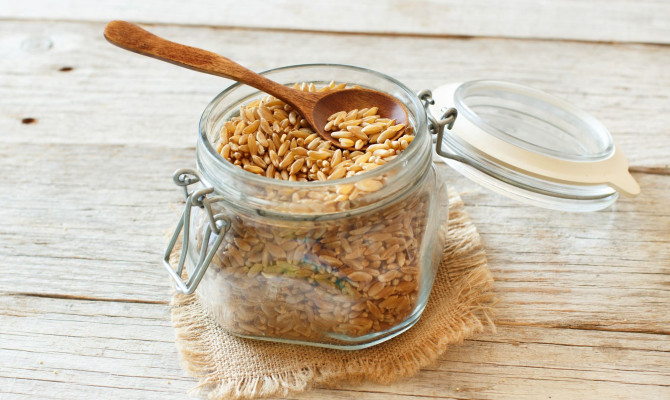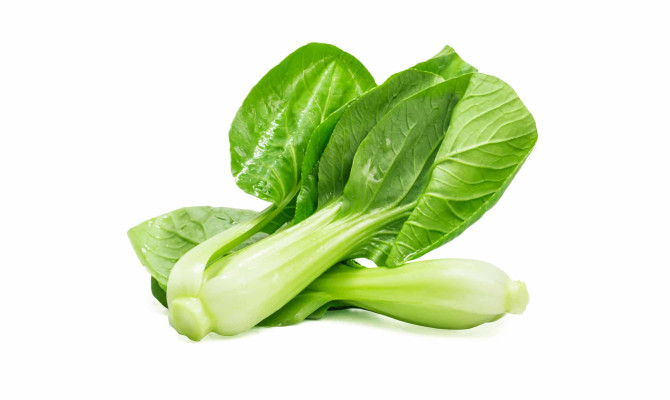Exploring the Health Benefits of Spinach

- Spinach
- 28 Aug 2023
Introduction
Introduction
Spinach, a vegetable with a leafy green color and the scientific name Spinacia oleracea, belongs to the Amaranthaceae family. It is recognized for having a high nutrient content and is used in various cooking methods. Along its travels across various countries and cuisines, spinach has become a cherished food staple.
This article examines its rich past, outstanding nutritional profile, and inventive culinary applications to show why it deserves a prominent place on your plate.

Health Benefits

Health benefits of Spinach:
- Rich in nutrients
- Antioxidant powerhouse
- Promotes heart health
- Improves bone health
- Cancer prevention
- Enhances eye health
- Promotes digestive health
- Blood sugar regulation
- Anti-inflammatory properties
- Weight management
Spinach is a beautiful complement to a balanced diet because of its many well-known health advantages. Here are a few significant benefits of incorporating it into your meals: 3Health Benefits | Researched based study from Research gate
Powerhouse for nutrients
- The vitamins A, C, and K, as well as the minerals iron and calcium, are all abundant in spinach. These nutrients support immune system performance, bone density, and general health.
A powerful source of antioxidants
- It has a variety of antioxidants, such as lutein and beta-carotene, which work to fend off oxidative stress and shield cells from harm.
Promotes Heart health
- Nitrates have been related to better cardiovascular health by promoting healthy blood vessel activity and regulating blood pressure. 1Health Benefits | Researched based study from National Library of Medicine
- The anti-inflammatory and oxidative stress-fighting antioxidants. They also aid in preserving blood vessel health and lowering the risk of heart disease.
- Potassium, a mineral that aids in blood pressure regulation, is in competition with sodium’s effects in spinach. A healthy blood pressure and heart rhythm can be maintained with adequate potassium intake.
- By attaching to the molecules of cholesterol and helping in their removal from the body, the soluble fiber in it helps lower levels of bad cholesterol. 3Health Benefits | Researched based study from Research gate
Improves Bone health
- By helping in calcium absorption and fostering bone mineralization, spinach’s high vitamin K concentration plays a critical role in preserving bone health.
Cancer prevention
- Studies have suggested that some substances, including chlorophyll and different phytochemicals, may lower the chance of developing certain types of cancer. 2Health Benefits | Researched based study from National Library of Medicine 3Health Benefits | Researched based study from Research gate
Enhances Eye Health
- The antioxidants lutein and zeaxanthin have been linked to maintaining eye health and lowering the risk of age-related macular degeneration.
Promotes digestive health
- The presence of fiber promotes regular bowel movements, supports gut health, and helps with digestion.
- It is quite high in water content, which keeps you hydrated. Maintaining optimal digestion and avoiding problems like constipation require proper drinking of water.
- Spinach fiber functions as a prebiotic. Feeding the beneficial bacteria that are necessary for healthy digestion and absorption. Additionally, it lessens the likelihood of constipation and softens the school. 2Health Benefits | Researched based study from National Library of Medicine
Blood sugar regulation
- It has a very low glycemic index, meaning that when consumed, it has little impact on blood sugar levels.
- Low GI foods digest and absorb nutrients more gradually, causing blood sugar levels to rise gradually as opposed to suddenly.
- Magnesium, a mineral necessary for insulin sensitivity and carbohydrate metabolism, is also present in large amounts in it. A sufficient intake may increase the body’s efficiency in using insulin.
- Fiber delays the digestion and absorption of carbs, decreasing the possibility of abrupt alterations.
Anti-inflammatory properties
- The body may benefit from spinach’s compounds in lowering inflammation, which has been related to a number of chronic diseases.
Weight management
- It can help control weight and preserve a healthy metabolism.
- It has a good quantity of volume despite having relatively few calories.
- This makes spinach an excellent option for adding bulk to your meals without dramatically increasing your calorie consumption because you can eat a large piece without consuming too many calories.
- Its fiber content gives your food more bulk, which makes you feel full and pleased after eating.
- Leafy green vegetables like spinach promote mindful eating.
- Their crunchiness and vivid color might increase your awareness of what you are eating and encourage a more thoughtful food selection. 3Health Benefits | Researched based study from Research gate
Nutrition Profile
Nutrition in Spinach:
Here is an approximate nutrition profile for 100 grams of raw spinach:
- Calories: 23 kcal
- Carbohydrates: 3.6 g
- Dietary fiber: 2.2 g
- Water: 91.4 g
- Sugars: 0.4 g
- Protein: 2.9 g
- Fat: 0.4 g
- Vitamin A: 47% of the daily value (DV)
- Vitamin C: 25% of the DV
- Vitamin K: 460% of the DV
- Folate: 49% of the DV
- Iron: 15% of the DV
- Magnesium: 14% of the DV
- Calcium: 10% of the DV
- Potassium: 558 mg
- Manganese: 21% of the DV
Remember that these numbers may change significantly depending on the type of spinach and the growing environment. Due to its exceptional nutrient density, it is a helpful addition to a balanced diet. 8Nutrition | Researched based study from Food and Drug administration
Side Effects
Side effects of Spinach:
Even though spinach is a nutrient-dense food with numerous health advantages, there are a few things to be aware of:
Oxalate
- It contains oxalates, which can hinder the absorption of minerals like calcium and iron. People who have kidney stones or who are susceptible to developing them may need to minimize their consumption. 4Side effects| Researched based study from National Library of Medicine
Absorption of calcium
- As previously mentioned, oxalates in spinach may prevent calcium from being as effectively absorbed. You should consider different calcium sources depending on your needs.
Allergy
- Some individuals may have allergies to specific proteins in it: medical help is crucial if you have after-consumption symptoms like rashes, itching, or difficulty breathing. 5Side effects | Researched based study from National Library of Medicine
Gastrointestinal issues
- It includes fiber, which, when ingested in excess, can result in gas or bloating. Therefore, excessive consumption may occasionally cause gastrointestinal discomfort.
Pesticide Residue
- Spinach may have pesticide residues, much like other leafy greens. To avoid this problem, thoroughly wash it or use organic solutions.
Thyroid function
- It contains goitrogens, which might affect thyroid function if ingested in sufficient amount; which decreases after cooking. 6Side effects | Researched based study from African Journals online
Iron absorption
- Although it contains iron, its bioavailability may be compromised by the presence of oxalate. Think about consuming spinach and foods high in vitamin C to improve iron absorption. 7Side effects | Researched based study from National Library of Medicine
Drug Interaction
Drug interactions:
Blood thinning medicines
- It has a lot of vitamin K, essential for blood clotting. Maintaining a regular intake of foods high in vitamin K is crucial if you use blood thinners like Warfarin. Abrupt changes in its intake may negatively impact the effectiveness of this drug. 9Drug interactions | Researched based study from National Library of Medicine
Thyroid-related drugs
- Goitrogens, substances that can affect how the thyroid works, are present in spinach. People with thyroid issues or those taking thyroid related drugs should talk to their healthcare provider about including spinach in their diet. 6Drug interactions | Researched based study from African Journals online
Iron absorption
- It has non-heme iron, which the body cannot absorb as readily as iron from animal sources. It can improve iron absorption when combined with foods high in vitamin C.
- Working with a health care expert can help you maximize your iron intake if you have anemia or iron deficiency. 7Drug interactions | Researched based study from National Library of Medicine
Any feedback on this article?
 This Articles content was accurate
This Articles content was accurate Very Informative Article
Very Informative Article I have a question or a comment
I have a question or a comment
 This article contains inaccurate content
This article contains inaccurate content This article was not helpful
This article was not helpful I have a question or a comment
I have a question or a comment
We appreciate your helpful feedback!
Checkout our social pages
References
-
National Library of Medicine
Health benefits | Heart health
-
National Library of Medicine
Health benefits | Gut health
-
Research gate
Health Benefits
-
National Library of Medicine
Side effects
-
National Library of Medicine
Side effects
-
African Journals online
Side effects | Drug interaction
-
National Library of Medicine
Side effects | Drug interaction
-
Food and Drug administration
Nutrition
-
National Library of Medicine
Interaction





































